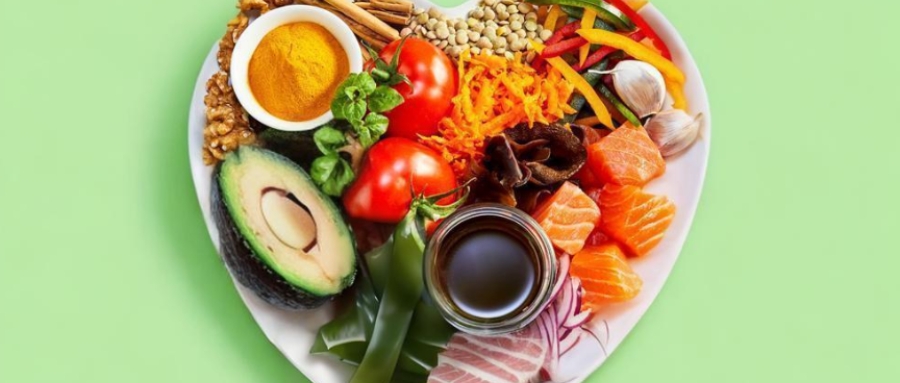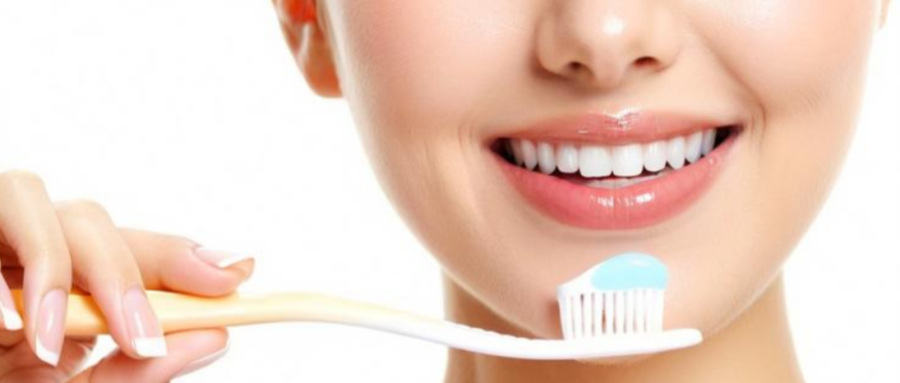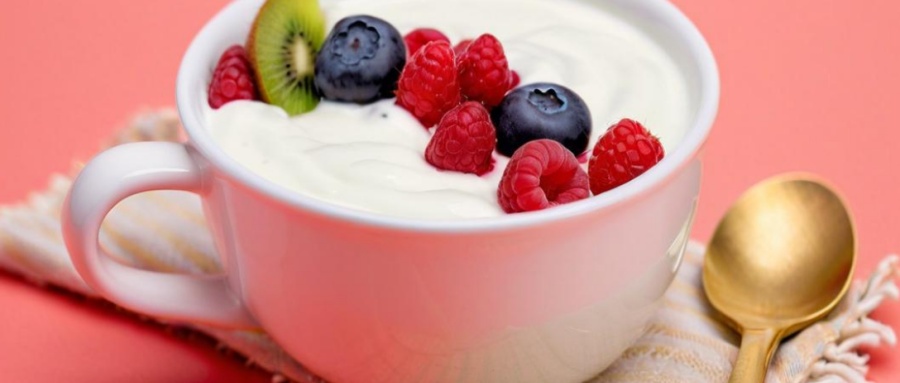
As people get older and live longer, cerebrovascular disease is becoming a growing concern. In order to maintain the health of the cerebrovascular system, we should not only pay attention to good living habits and moderate exercise, but also pay attention to the rationality of diet. What foods can help you easily maintain the health of the cerebrovascular system in everyday life?
Deep-sea fish: Deep-sea fish are rich in omega-3 fatty acids, which can lower blood lipid levels and reduce the formation of blood clots, effectively protecting cerebral blood vessels.
Nuts: Walnuts, almonds and other nuts are rich in unsaturated fats and vitamins, which can lower blood lipid levels, boost metabolism and prevent cardiovascular and cerebrovascular disease.
Tomatoes: Tomatoes are rich in lycopene, a powerful antioxidant that can reduce damage to cerebral blood vessels caused by oxidative stress.
Seaweed: Kelp is rich in the unsaturated fatty acid EPA, which can effectively eliminate thrombosis and coagulation symptoms and reduce the risk of vascular sclerosis. Eating kelp in moderation can help maintain the patency and elasticity of cerebral blood vessels.
Celery: Rich in flavonoids, these compounds have been shown to lower blood pressure and blood lipids. They can act effectively on blood vessels, helping to maintain blood pressure and lipids at normal levels, reducing the risk of cerebrovascular blockage and hardening.
Avocado: Rich in vitamin E and antioxidants such as vitamin C, it has powerful antioxidant properties. These antioxidants can remove free radicals in the body, reducing oxidative stress damage to the blood vessel wall and keeping our cerebrovascular system healthy.
Green leafy vegetables: Spinach, canola and other green leafy vegetables are rich in vitamin K and folic acid, which help lower homocysteine levels in the blood, reducing the risk of cerebrovascular damage.
Oats: The β-glucan in oats has the effect of lowering cholesterol and blood sugar, which helps to maintain cerebrovascular health.
In everyday life, take these foods in moderation, according to your own health needs, and let them be our right-hand man in protecting the cerebrovascular system. At the same time, remember to maintain good living habits and exercise properly.








